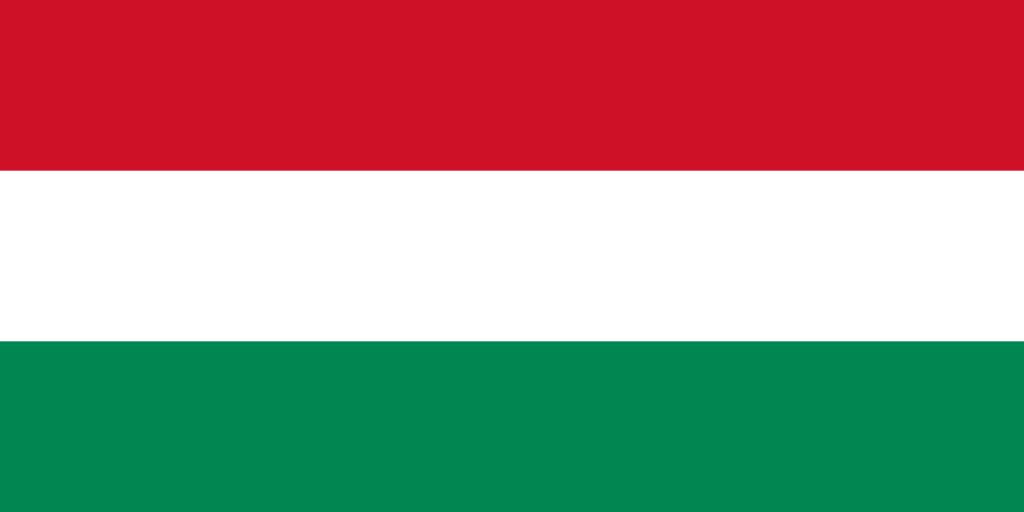 Kattintson ide a magyar verzióért.
Kattintson ide a magyar verzióért.
In our latest article we decided to visit Africa’s wealth management sector to see where it stands on its journey towards digitalisation. We are very excited to finally dive into the continent’s wealth scene, a topic that we have been drawn to lately but until now have not had the chance to explore in detail.
Africa’s wealth landscape – A promising outlook
Wealth in Africa has seen a turbulent decade, especially with the global pandemic’s severe impact on the continent’s economies, but the future looks bright based on data from recent reports. According to AfrAsia Bank’s ’Africa Wealth Report 2021’, total wealth (1) in Africa dropped by 16% to USD 2 trillion between 2010 and 2020. The source cites “poor performance in the three largest African markets, namely: South Africa, Egypt and Nigeria” as the main cause. But this number is expected to rise by 30%, reaching USD 2.6 trillion by 2030. This is in part due to a growing middle class and a healthy HNWI population, whose number is expected to enjoy an average five-year growth of 29%, based on forecasts published by Knight Frank in ’The Wealth Report 2020’. These trends point to an inevitable increase in the already present demand for professional financial guidance among the African population.
Currently, about USD 140 billion of the wealth of African HNWIs is tied up with wealth managers and private banks, according to AfrAsia Bank, who estimate a 40% growth for the wealth management industry in the next decade. However, most African asset managers are targeting clients with at least USD 500,000 in investable assets (based on PwC’s research, this amounts to approximately 0.1% of the population in the case of South Africa, one of the continent’s most developed markets), through a very different set of often inefficient tailor-made strategies. If the sector wants to soak up current and future prospective clients, wealth managers need to think about expanding their target audience and implementing greater efficiencies into their operation.
Africans demand digital solutions for their Wealth Management needs
Based on the numbers above, there is clearly a huge untapped potential in the African wealth management sector, but there is also a high demand for technology among both the younger and older audience. Mobile adoption is relatively high on the continent as many Africans depend on their mobile phones for their daily finances, thanks in part to the success of mobile money solutions like M-Pesa, that provide money transfer and payment services through a SIM card. This seems to be translating to smartphones, whose usage among Africans has exploded in recent years.
Many traditional asset managers, however, are lagging behind in their efforts to meet this demand, as the push for digitalisation in the sector has only started picking up the pace in the last few years. Utilising the potential of digital solutions will be crucial not only in how these firms service clients and reach new prospects, but also in increasing efficiency, reducing costs, and extending their core service portfolio. To realise this vision, a comprehensive digital strategy is required, at the core of which must be a completely digital back-to-front office infrastructure.
Fintechs enter the scene
To add to the pressure, the growing demand for digitalisation have attracted quite a few fintechs and startups in the past few years who are willing to fill the gap that traditional players are too slow to react to. In its article ’Four Companies Shaping Africa’s Wealthtech Ecosystem’, The Org introduces four fintechs whose mission is to lower the barriers of entry to investments in Africa with digital solutions that cater to a wider audience than most of the continent’s traditional wealth management firms target.
These players realised that many Africans already use their mobile phones in other areas of their lives, and through mobile solutions their wealth could be invested to provide returns above inflation. And there is indeed wealth to be invested, as one of the startups mentioned in the article found that ‘there is currently USD 85 billion sitting in bank accounts in Sub-Saharan Africa’.
What can traditional Wealth Managers do to catch up digitally?
There is a shift happening in the continent’s banking scene, where traditional players have started seeing fintech firms as less of a threat and more of a partner. As a result, an increasing number of African banks are partnering up with fintechs to tackle the challenges they face on their digital transformation journey, according to many bank CEOs interviewed by African Banker. In fact, this is what we at Dorsum had experienced here in the CEE region a few years back.
As banks realised that their core competency lies in creating customer products and services as opposed to building digital solutions in-house which is costly and time consuming, they started turning to fintechs instead of competing with them. And this can be a winning strategy for African wealth managers, too. However, navigating the ever-expanding universe of fintech solutions can quickly become a head-scratcher. Even larger banks tend to struggle in finding the IT provider and products that best suit their digital needs, so it would be absurd to expect a small wealth boutique or fund management company to suddenly know which of the countless core systems, technologies or client apps is the perfect match for them.
The problem presented above is a challenge even for our more digitally developed clients in the Western-European market, which had led Dorsum to thoroughly rethink our client servicing model. We realised that it is simply not enough to merely be an IT vendor in a complex environment such as the wealth management industry, so in addition to our existing product portfolio we started providing comprehensive digital guidance and advice to our partners by tapping into competencies that we are truly strong at, such as
- Staying up-to-date with the newest technologies and fintech trends,
- Knowing and understanding the business challenges that our banking and wealth management partners face,
- And sharing with them the deep industry knowledge that we have gathered throughout our 25 years of experience as a wealthtech service provider.
By applying this expertise, we can draw a complete image of our client’s goals, which allows us to formulate their digital strategy together. With this strategy in hand, and with the help of our knowledge of the fintech sector, our clients are finally equipped to identify the best IT partners for their digital needs.
The crucial first step
To sum up, the African wealth management industry shows great potential for future development, but this comes with a number of challenges. Digital transformation, the challenge we focused on in this blog entry is also one of the greatest opportunities for the market that promises an influx of new clients, more efficient processes, and a possibility for new revenue streams and increased profit margins. However, this requires wealth managers, banks, and brokers to identify digital products and vendors that best suit their needs. Thus, we believe that as a crucial step, and potentially the first one in their journey towards digital transformation, these players should focus on finding an intermediate partner who helps them navigate the newest digital trends, technologies, and customer demands.
Sources:
(1) The report defines total wealth as „the private wealth held by all the individuals living in each country. It includes all their assets (property, cash, equities, business interests) less any liabilities.” Government grants are excluded from these figures.
PWC: Wealth management lags in financial services
AfrAsia Bank Africa Wealth Report 2021
Knight Frank: The Wealth Report 2020 – Africa Supplement
The Org: Four Companies Shaping Africa’s Wealthtech Ecosystem
African Business: Banks accelerate digitisation in wake of Covid-19
Africa News: Banks must partner with fintech to accelerate the digital banking transformation
Infomineo: Digital Banking in Africa: Origins and Development Outlook



